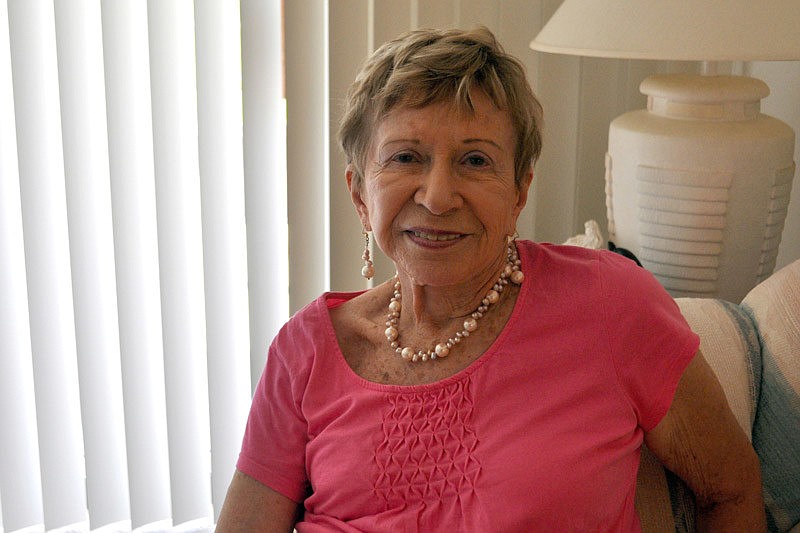- November 26, 2024
-
-
Loading

Loading

Sonia Pressman Fuentes, one of the key players in the second wave of feminism in the U.S. and a co-founder of the National Organization for Women, was exposed to discrimination at a young age.
In 1933, Fuentes and her family fled from Nazi Germany to Belgium, before heading to the United States the following year. As a Jewish Holocaust survivor, Fuentes’ early childhood experiences had a lasting impact on her, which led her to believe her life had been saved for a reason.
“That’s a pretty common trait for Holocaust survivors,” said Fuentes. “The first issues of discrimination I became interested in were against African-Americans. As a kid, I would see the racist headlines and the segregation. It had a striking effect on me.”
In the mid-1960s, Fuentes worked as the first female lawyer for the Equal Employment Opportunity Commission (EEOC), for which she was involved in fighting discrimination against African-Americans.
“The EEOC was supposed to prevent discrimination based on race, religion, sex and nationality,” said Fuentes. “But there wasn’t much happening for women’s rights at the time. I just accepted society as it was, like everyone else did.”
When Betty Friedan, author of “The Feminine Mystique,” came into the office to interview Fuentes’ boss about the progress women had made since the book was published, Fuentes confided in Friedan and expressed her frustration with the lack of attention being given to women’s issues.
“I had tears in my eyes when I told her,” said Fuentes. “I felt that we needed an organization like the NAACP to fight for women’s rights.”
Shortly afterward, Fuentes, Friedan and 47 other women’s rights activists set out to do exactly that, when they formed the National Organization for Women (NOW).
Friedan wrote the organization’s original statement of purpose on a napkin in a hotel room; it outlined the group’s intention to bring women into the mainstream of life by fighting for issues such as pregnancy, childbirth and the rights of airline stewardesses.
“The main purpose of founding NOW was to get the EOCC to enforce gender-discrimination prohibitions,” said Fuentes. “We didn’t anticipate having such a vast impact on the country.”
After she retired in 1993, Fuentes continued her fight for women’s rights as an author and public speaker. Her memoir, “Eat First — You Don’t Know What They’ll Give You: The Adventures of an Immigrant Family and Their Feminist Daughter,” recounts her life as an immigrant and feminist, with a bit of humor.
As NOW celebrates its 46th anniversary, Fuentes says society has come a long way since the 1960s, but there are still many battles to be fought. She says today’s gender issues are less black-and-white than they used to be.
“We’ve come an incredible distance,” said Fuentes. “When I talk to younger women about what life was like for women before the mid-’60s, their jaws drop open. It’s been a privilege to be a part of these changes.”